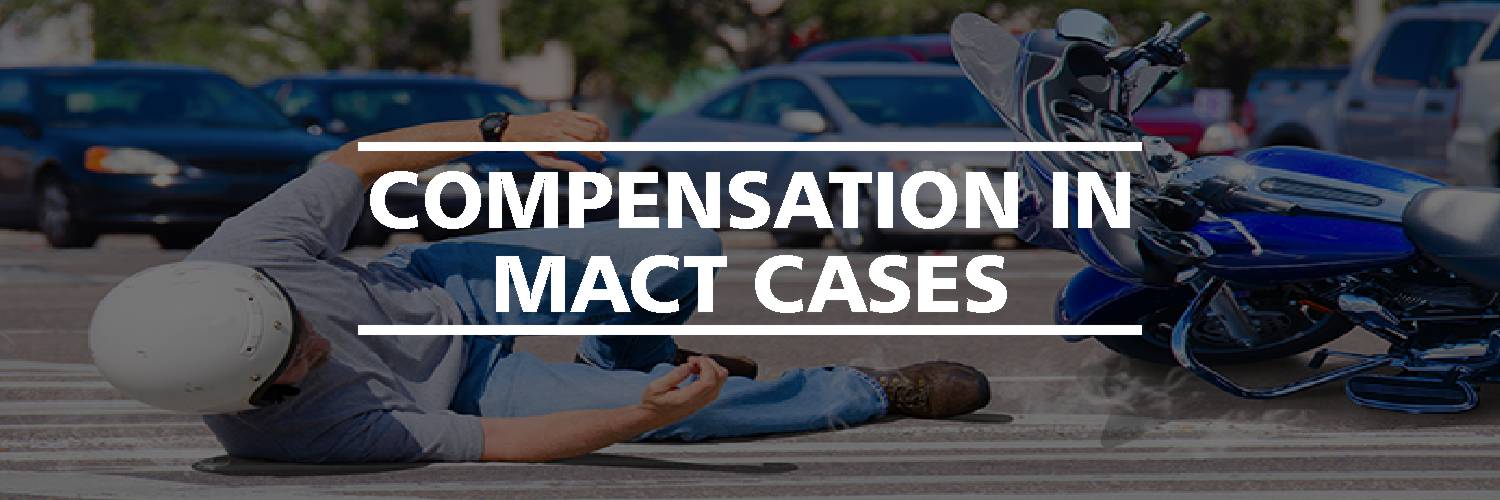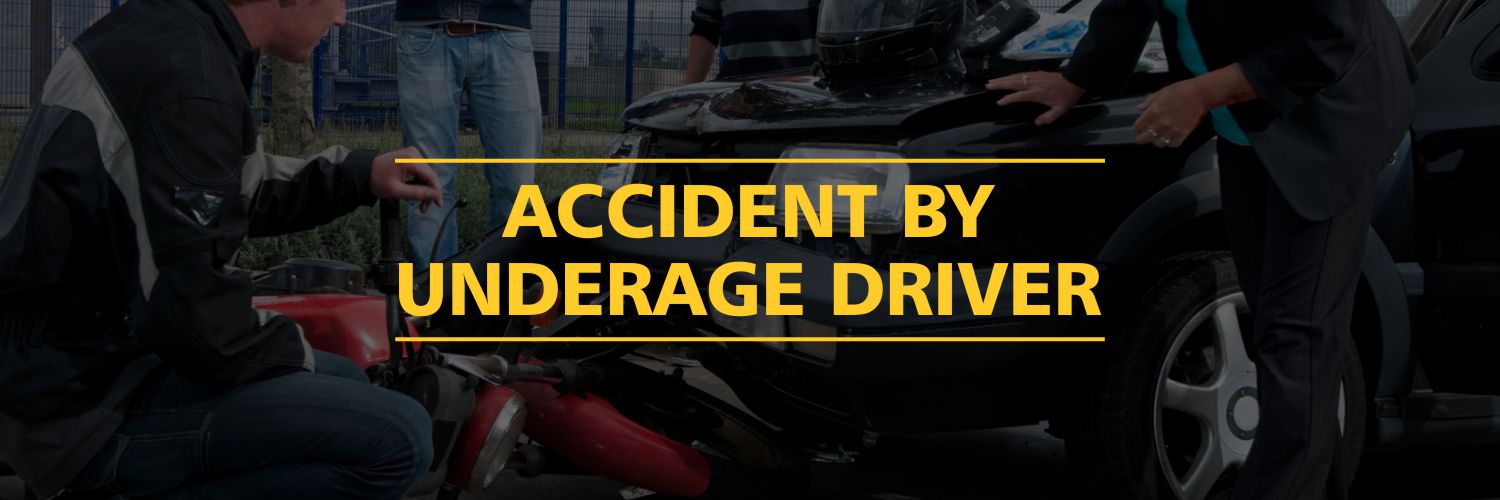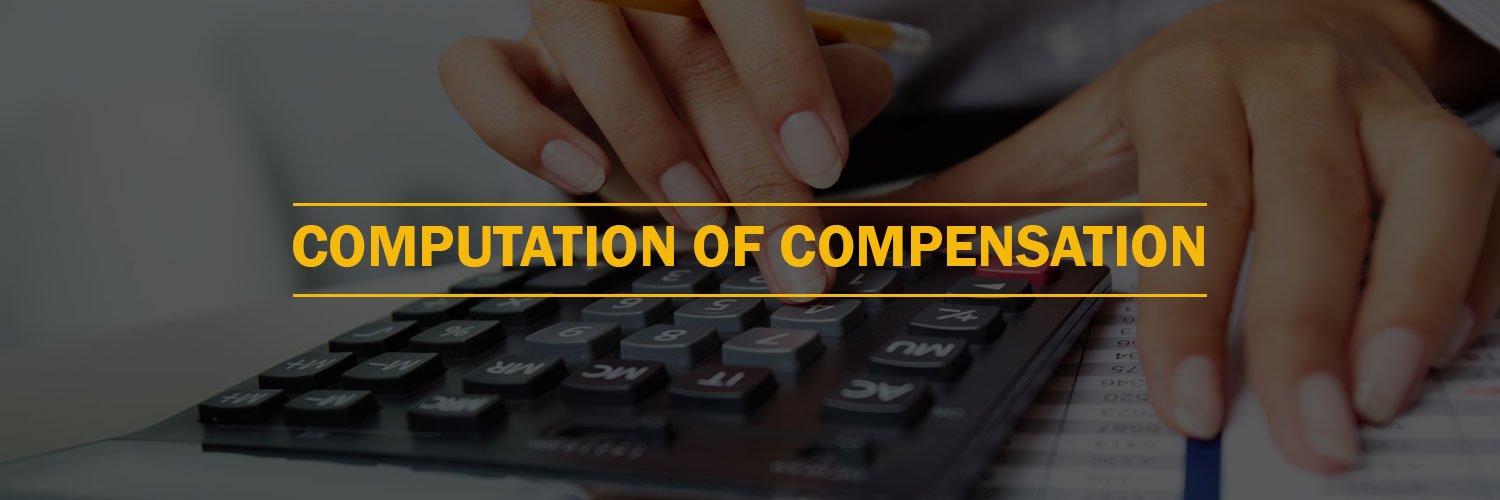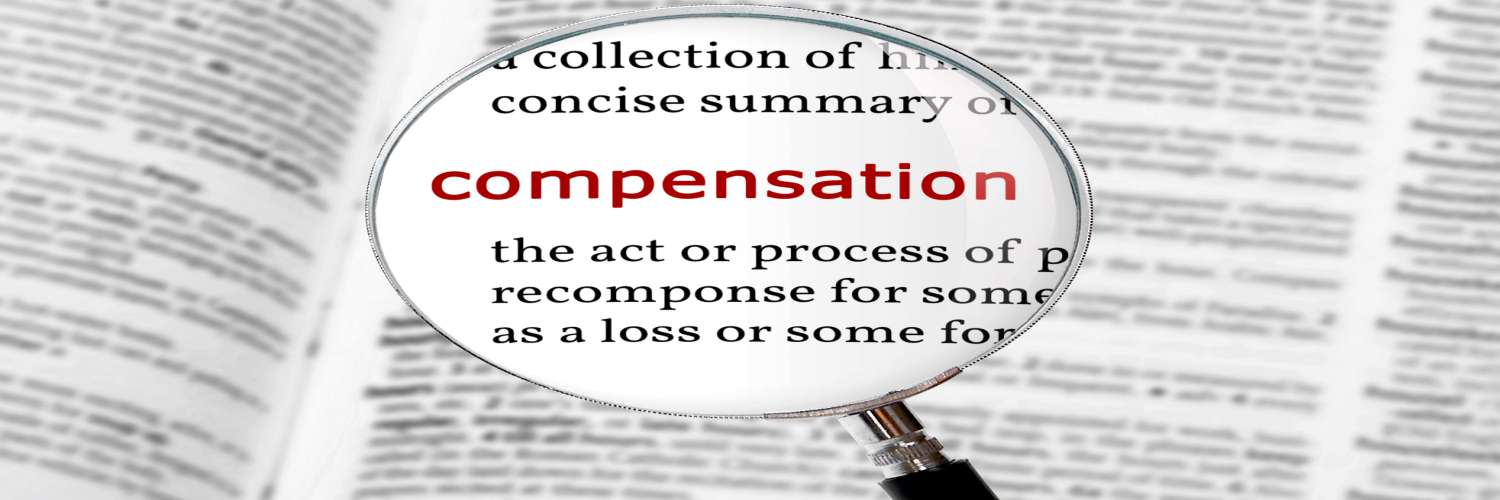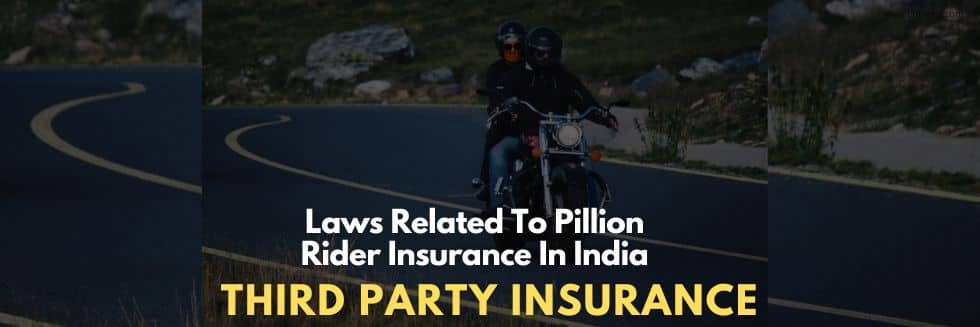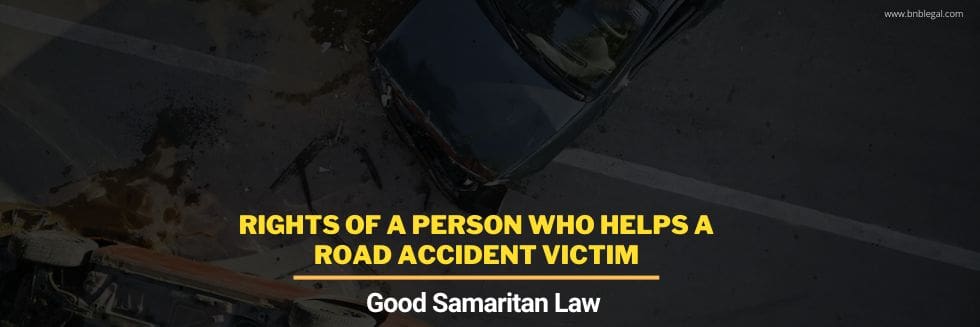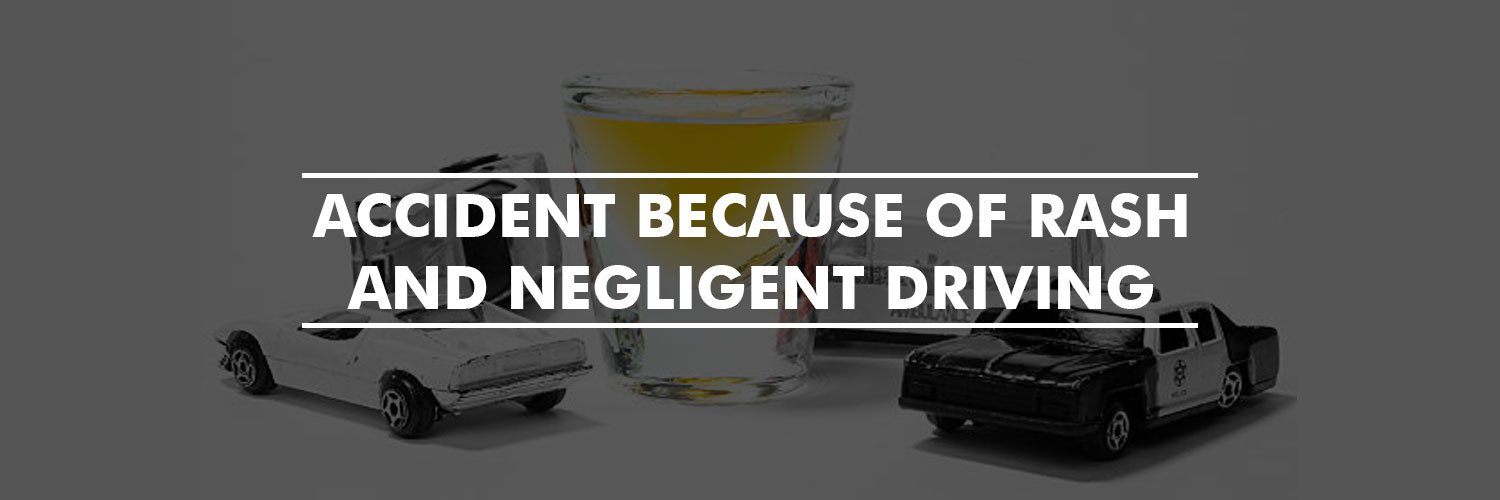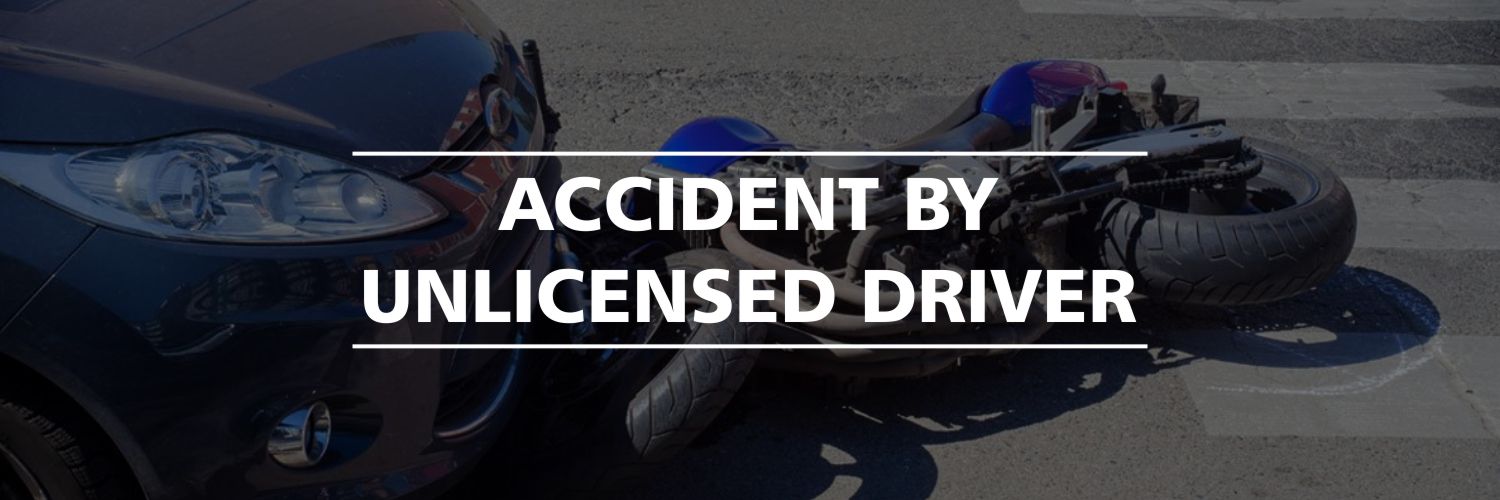Road injuries and fatalities have come up as a major public concern for the country. When a road accident takes place, it gives rise to both civil and criminal liabilities. Motor Vehicles Act, 1988 majorly deals with issues related to road accidents. Indian Penal Code also covers certain areas when it comes to criminal liability.
Motor Accidents Claims Tribunal has been set up under Motor Vehicles Act, 1988 to adjudicate upon claims regarding motor accidents. The Tribunal can adjudicate upon claims for compensation –
- When the accident involves the death of the person, or bodily injury to the person; or damage to any property of the third party; or both.
- When the accident arises out of the use of a motor vehicle.
How To Claim Compensation?
An application for compensation arising out of an accident should be made to:
- The motor accident claims tribunal having jurisdiction over the area in which the accident occurred
- The motor accident claims tribunal within the local limits of whose jurisdiction the Defendant resides, or carries on business
An Application Can Be Filed By:-
- By the person who has sustained the injury;
- By the person whose property is damaged(owner of the property);
- By all or any legal representatives of the person deceased or;
- By an agent duly authorized by the injured person or by his legal representatives.
- A copy of the report regarding the accident filed by the police officer can be treated as an application for compensation.
Time Limit
No time limit is prescribed for filing an application. However, an unusual delay will demand an explanation by the Tribunal.
Modes of Claiming Compensation
- Principle of no-fault liability (Section 140): The claimant does not need to prove any fault or negligence on the part of the driver/owner for receiving compensation. Such liability arises only in the case of accidents which lead to death or permanent disability of the victim.
The amount of compensation is fixed at Rs. 50,000/- in case of death and Rs. 25,000/- in case of permanent disablement.
- Structured formula basis (Section 163A): The owner/authorized insurer of the vehicle shall be liable to pay as per the Second Schedule of the said Act to the victim or his legal representatives if such vehicle is involved in causing death or permanent disablement to any person.
The above-mentioned modes of compensation can be availed only if the identity of the vehicle is known. Also, both methods of compensation cannot be used together.
- Compensation in hit and run cases (Section161): If the driver of the vehicle is involved in a collision which damages the vehicle or property of any other person or injures any other person or both and runs away from the spot without giving his name and license number (as prescribed by statute) to the injured party, witness or any law enforcement officer, it is a case of hit and run.
As the identity of the driver or the owner is not traceable, a fixed amount of compensation (Rs. 25,000 in case of death and Rs. 12,500 in case of grievous injury) is provided to the victim or the legal representatives of the victim from funds created by the government.
Right of Appeal
Any person aggrieved by the decision of the Motor Accidents Claims tribunal can appeal in the High Court. However, there are certain exceptions to such appeal:
- No appeal by the person who is supposed to pay any amount in terms of award given by the Motor Accidents Claims Tribunal shall be entertained by the High Court, unless he has deposited with it rupees 25,000/- or 50% of the amount so awarded, whichever is less in the manner directed by the High Court.
- No appeal shall lie against any award of the Motor Accidents Claims tribunal where the disputed amount is less than Rs. 10,000/-.
